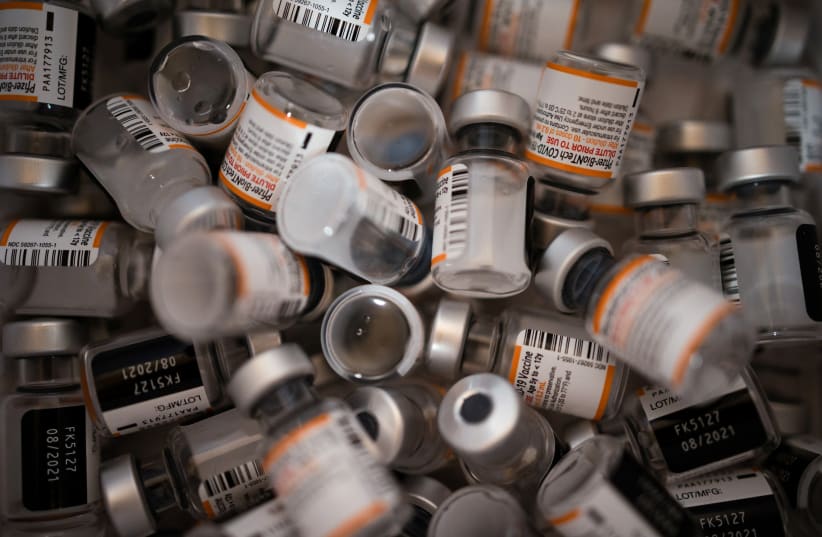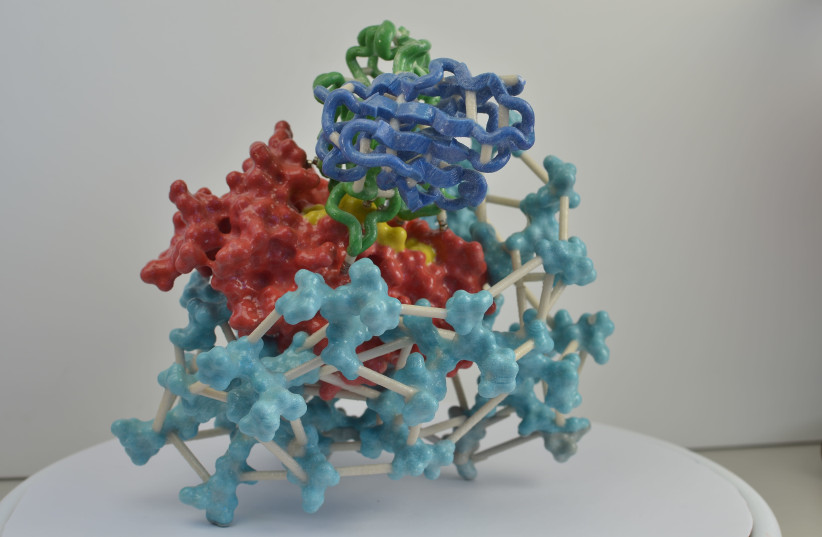A specific antibody identified in the blood of both an individual infected with the original SARS in the early 2000s and of a COVID-19 patient appears to be effective against a variety of coronaviruses and might help fight future COVID variants, a new study by scientists at Duke University and the University of North Carolina at Chapel Hill has found.
The study was published in the Science Translational Medicine journal last week.
“This antibody has the potential to be therapeutic for the current epidemic,” said Duke’s Human Vaccine Institute Director Dr. Barton Haynes, a co-senior author of the research. “It could also be available for future outbreaks, if or when other coronaviruses jump from their natural animal hosts to humans.”
In 2003, a disease caused by a strain of coronavirus that came to be known as severe acute respiratory syndrome (SARS) spread in China and in four other countries. Many warned it could trigger a global pandemic that would bring the world to its knees, but back then, the disease remained mostly contained, and only a few thousand people got infected.
Almost 20 years later, the apocalyptic scenario feared for SARS became a reality with a new coronavirus pandemic, whose virus was dubbed COVID-19 (since it was first identified in 2019).
The researchers from Duke and Chapel Hill identified some 1,700 antibodies in the blood of the two patients.
Of those, around 50 of them were effective against both SARS-CoV-1 virus and SARS-CoV-2 – the strain that causes COVID-19.
“This antibody binds to the coronavirus at a location that is conserved across numerous mutations and variations,” Haynes noted. “As a result, it can neutralize a wide range of coronaviruses.”
When given to mice, the antibody helped both avoid infection in general and severe symptoms, protecting the animals against the Delta variant and many other strains of the virus.
“The findings provide a template for the rational design of universal vaccine strategies that are variant-proof and provide broad protection from known and emerging coronaviruses,” said UNC Prof. Ralph S. Baric, who tested the antibody in mice.
The scientists hope that the study could open a new avenue to prevent and treat not only new variants or waves of the current pandemic, but also future ones.
“This antibody could be harnessed to prevent maybe SARS-CoV-3 or SARS-CoV-4,” said UNC Dr. David Martinez, another coauthor of the study.

